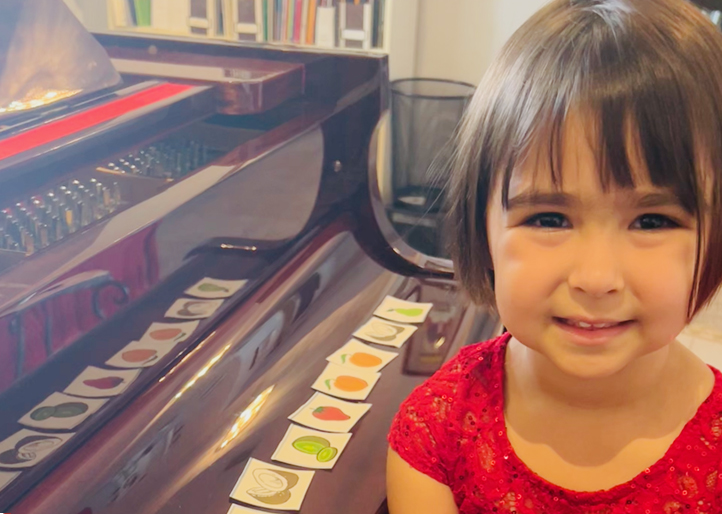

A Parent Guide: Questions to Ask when Selecting your Child’s Preschool

The answers reflect excellence standards as set by the Music Educators National Conference and published in The School Music Program: A New Vision
What are the principles of your music program?
The years before kindergarten are critical for children’s musical development.
• All children have musical potential that they ought to explore daily
• Young children are capable of developing critical thinking skills through musical ideas
• Children should experience age-appropriate musical activities and materials—created and modeled by trained, enthusiastic and responsive adults
• Young children should not be encumbered with the need to meet performance goals—learning should be process-oriented (exceptions include skits, sing-alongs, and the Suzuki method of private instruction which encourages performance on piano, violin or guitar)

What is your preschool’s music curriculum?
Developmentally appropriate early music experiences should occur in safe, teacher-supported environments where children can “work” at the skills relevant to them. Children need:
Who sets the music curriculum and monitors facilitation?
Ideally, your chosen school would employ a Music Specialist trained in early-childhood development to provide musical expertise and model music education for the child-care staff.
Effective music teaching in the prekindergarten should:
• Support the child’s total development—physical, emotional, social & cognitive
• Recognize the wide range of “normal” development and the need to differentiate instruction to address different learning styles—such as visual, aural, or kinesthetic.
• Provide daily opportunities to explore sound through singing, moving, listening, and playing instruments—as well as introductory experiences in verbalization and visualization of musical ideas
• Encourage active participation (neurological development is insufficiently supported by the passive entertainment of children offered by CDs, TV, or video)
• Be integrated with children’s most important role models—their parents and family
What is the music literature?
Young children need to build a repertoire of songs they can sing, in order to work on their vocabulary, memory, and independence. Selected songs should be of age-appropriate and include:
• Traditional children’s songs
• Folk songs from a variety of cultures
• Classical Music with simple and repetitive melodic
and/or rhythmic themes
• Varied lyric, rhythmic, melodic and harmonic patterns